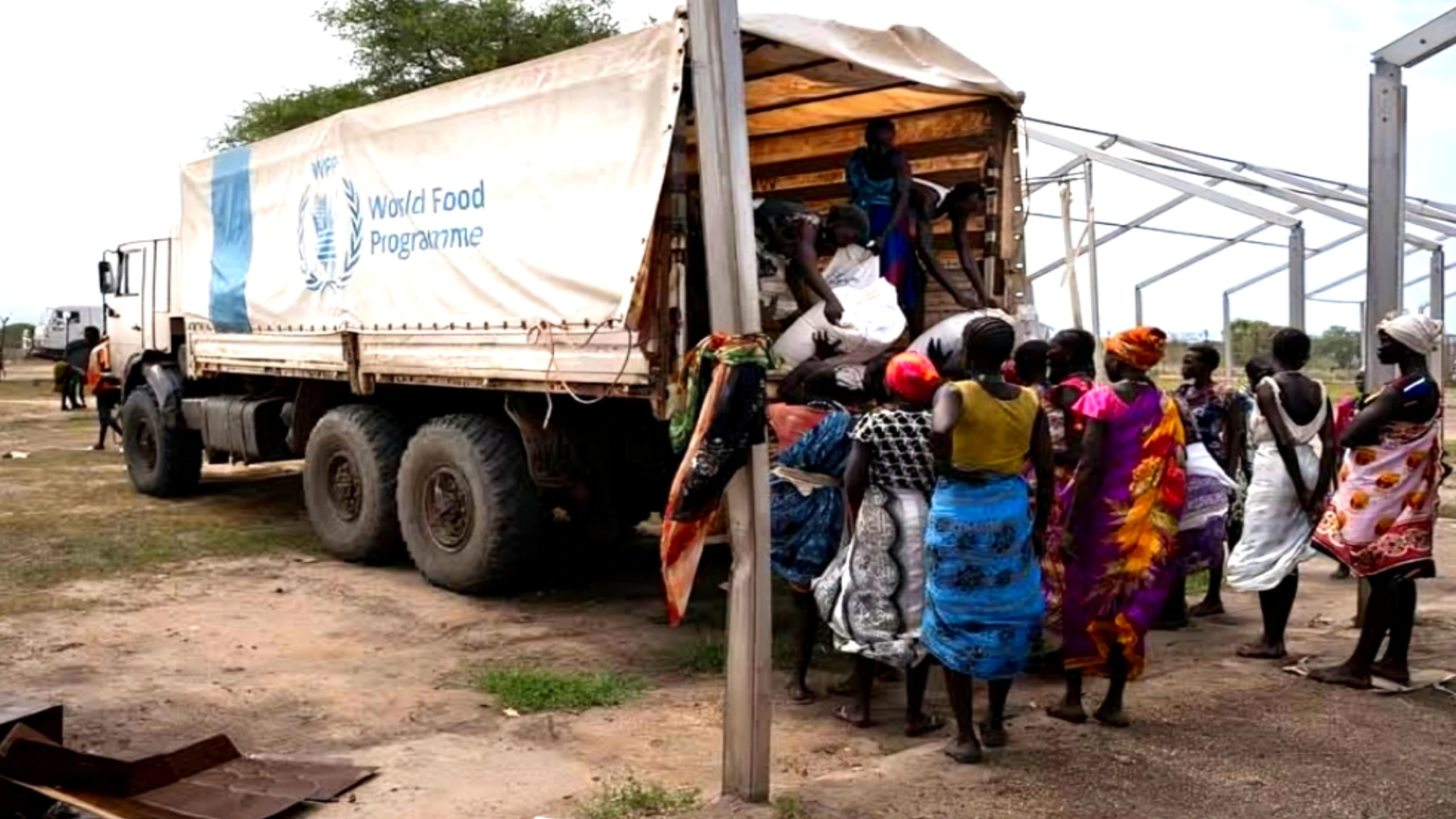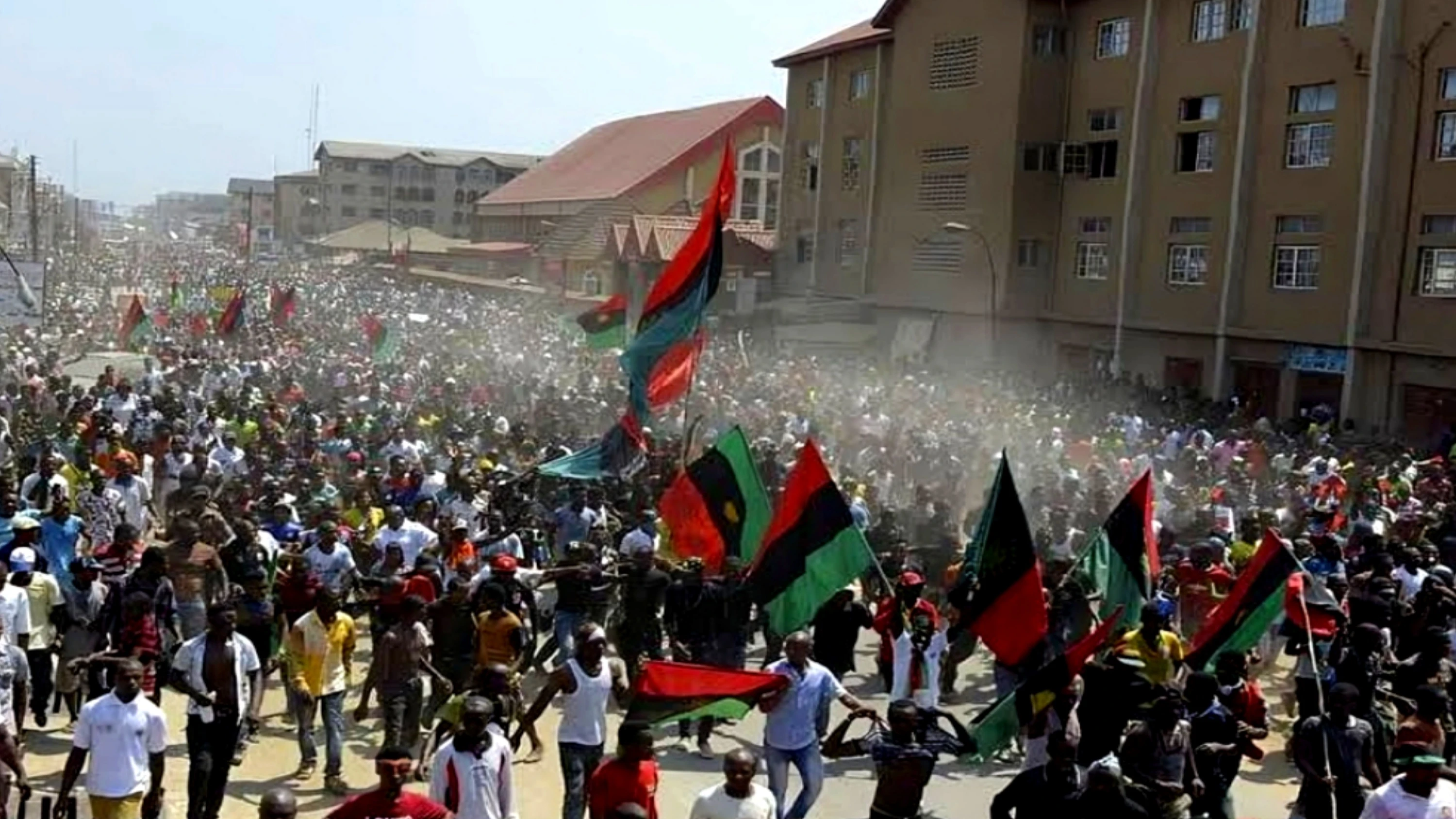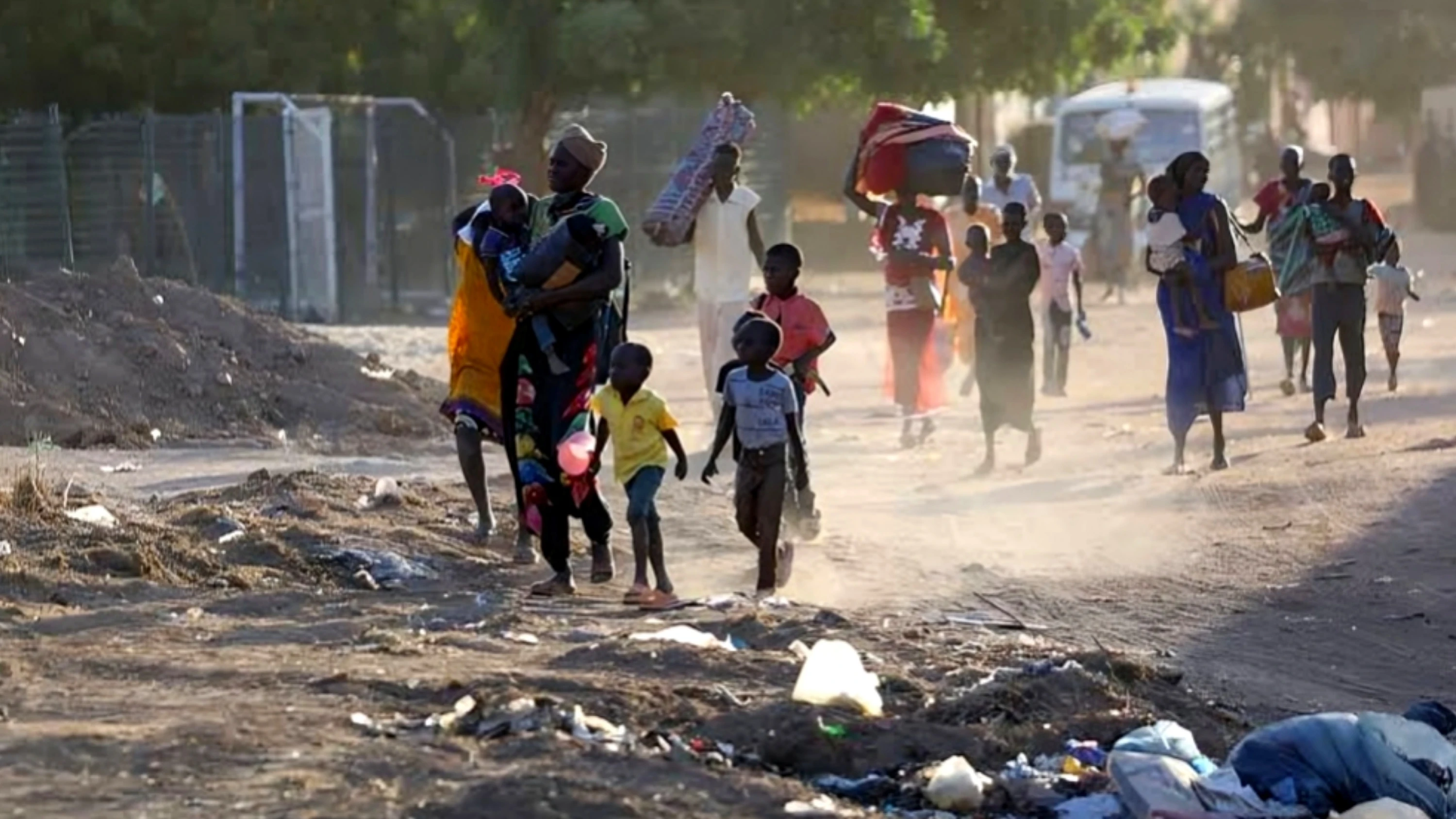Khartoum: The United Nations World Food Programme (WFP) has expressed deep concern over repeated attacks on its facilities in southwestern Sudan by the Rapid Support Forces (RSF), condemning the strikes as unacceptable amid a worsening civil conflict now in its third year.
In a post on X (formerly Twitter) on Thursday, the WFP stated it was “shocked and alarmed” by the shelling and called for an immediate end to the targeting of humanitarian operations. “Humanitarian staff, assets, operations and supplies should never be a target. This must stop now,” the agency urged.
The attacks come as fierce clashes continue in El-Fasher, a significant stronghold of the Sudanese Armed Forces (SAF) in the Darfur region. Since May 2024, El-Fasher has been at the center of escalating violence, despite growing international warnings about its strategic importance as a key hub for aid delivery across the five Darfur states.
The RSF has long attempted to seize El-Fasher from the SAF, regularly launching offensives on both the city and two nearby displacement camps suffering from extreme hunger. The camps house thousands of civilians already struggling amid a dire humanitarian crisis.
Meanwhile, health conditions are rapidly deteriorating in Sudan, where a devastating cholera outbreak continues to spread. Authorities in Khartoum state reported 942 new infections and 25 deaths on Thursday, following a previous day tally of 1,177 cases and 45 deaths.
Aid organizations warn that the epidemic is worsening due to the collapse of healthcare infrastructure, with nearly 90 percent of hospitals in conflict zones no longer functioning. Since August 2024, the country has registered over 65,000 suspected cholera cases and at least 1,700 deaths in 12 of its 18 states. In the capital alone, there have been 7,700 cases and 185 fatalities, including more than 1,000 infections among children under the age of five.
In a controversial move, the government in Khartoum state—backed by the Sudanese army—has mandated that all humanitarian operations register with the Humanitarian Aid Commission (HAC), a government agency with sweeping oversight powers. Aid workers fear this could restrict grassroots relief efforts and intensify the ongoing hunger crisis affecting an estimated 25 million people.
The HAC’s authority was significantly expanded under former president Omar al-Bashir in 2006 and has since been used to regulate and, critics say, suppress aid groups operating in the country.
Despite claiming to have expelled RSF fighters from their final positions in Khartoum state, government forces have struggled to restore basic services. Much of the capital remains in ruins, with essential infrastructure like sanitation and healthcare barely functioning.
The brutal conflict between the SAF and RSF, which erupted in April 2023, has claimed over 20,000 lives, displaced 15 million people, and triggered what the United Nations has labeled the world’s most severe humanitarian catastrophe.








